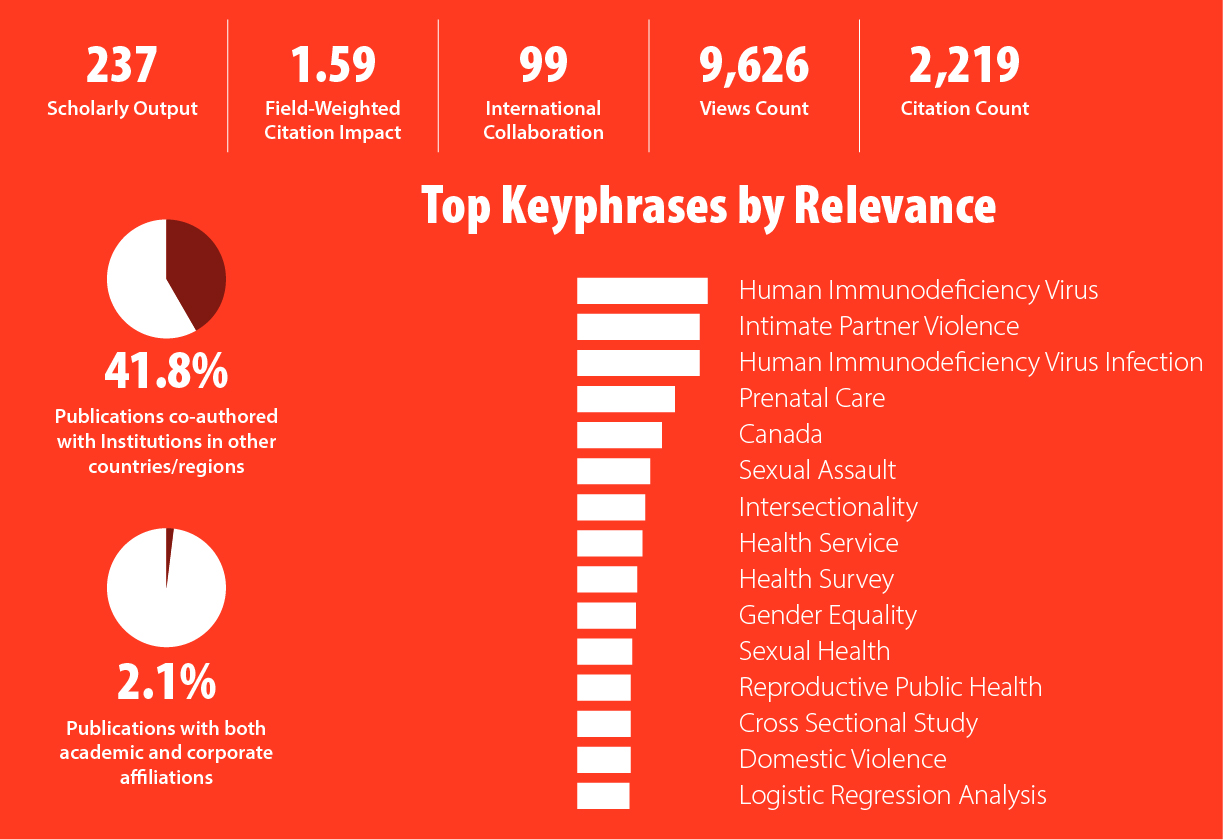Key Facts
Coming Soon!
News
Institutional Stewardship Initiatives
Non-Discrimination Policy
The University of Saskatchewan is committing to creating and providing students and employees with a positive, healthy and safe environment for working and learning that is free of discrimination and harassment, and to comply with the Saskatchewan Human Rights Code and with the Saskatchewan Occupational Health and Safety Regulations.
Protected Reporting
The University of Saskatchewan is committed to an environment where all university members can report good-faith concerns or allegations without fear of retaliation. For those situations where members of our university community feel uncomfortable using our existing internal reporting processes and channels, the University of Saskatchewan has created a safe disclosure reporting mechanism as a way for individuals to report allegations of irregularities, wrongdoing, and ethical issues or concerns anonymously and confidentially.
Parental Leave Policies
In addition to regular EI benefits offered to those on parental leave in Canada, the university offers supplemental benefits to many of its employees based on their employment/collective agreement group.
Childcare Facilities
The university has 3 primary childcare facilities available for faculty, staff, and students. The USSU Childcare Centre has two locations with 90 spaces for children each and the Campus Daycare at the Education Building has space for 44 children.
College of Arts & Science Women's Peer Mentorship
In spring 2024, the USask College of Arts & Science launched a new peer mentorship group for women faculty, who currently make up approximately 35% of the faculty complement in Arts & Science. This group aims to bring women, women-identified, and non-binary faculty members together from across the College to share success stories and offer support for overcoming career obstacles. Future sessions will include mentoring pre-tenured faculty and all faculty seeking promotions on how to successfully navigate the tenure and promotion process. Topics will include crafting tenure and promotion narratives, demystifying the collegial process at the Departmental and College levels, and tips from the CRC on what makes for a successful tenure and promotion casefile.
Women Plus Water
The Women Plus Water Mentorship Circles initiative is designed to empower members of the Women Plus Water Expert List and its broader community by offering informal, online opportunities to share experiences and provide support within small group settings. These circles aim to foster mentorship networks that lighten the burden on individual mentors while creating spaces for diverse perspectives and strengths to shine.
MentorSTEP
MentorSTEP supports Indigenous women and girls at the University of Saskatchewan and Saskatoon regional high schools who are interested in science, technology, engineering, math and related business, health, and environmental studies. Funded and supported by Saskatchewan's mining industry via the International Minerals Innovation Institute (iMii), MentorSTEP is co-led by the Saskatoon Tribal Council and the USask Office of Vice President Research. MentorSTEP combines mentorship with shared learning experiences and research internships. The first cohort starts in fall 2019.
Research Institutes, Centres, & Projects
USSU Women's Centre
The Women’s Centre is a safe, dynamic, comfortable, positive space to organize around feminism and activism. It serves as a resource and information centre, with a large library of feminist titles. There’s a lounge to hang out in and meet like-minded people. It is a place of inspiration, enlightenment, and encouragement. We are a pro-choice organization and recognize the strengths of the diverse and vibrant community at the U of S and Saskatoon.
The USSU Women’s Centre takes a vibrant and proactive approach to educating and informing the campus community about issues affecting women. We strive to provide a safe and positive environment to promote equality while recognizing and celebrating differences within our diverse and dynamic community.
Research Impact

Sample Courses
This course explores issues relating to the historical and contemporary experiences of Indigenous women in northern North America. It examines themes including Indigenous understandings of gender and kinship; the history of settler colonial policy and the regulation of Indigenous women; the law and criminalization; labour and informal economies; politics and activism; and motherhood and child welfare. This course also considers Indigenous feminist analyses and its relationship to understanding Indigenous women’s issues.
The seminar examines sexual assault in domestic and international criminal and civil law. Topics addressed include: 1) comparison of alternate theoretical conceptualizations and legal definitions of sexual assault; 2) interpretation of current substantive law: consent in the actus reus, consent and voluntariness, mens rea, mistakes of fact and law, the 'reasonable steps' provision; 3) administration of justice in relation to sexual assault: police and prosecutorial practices and policy, determinations of credibility and admissibility of evidence, questions of law and fact, the judicial role, jury instructions, sentencing; 4) civil actions; 5) criminal compensation boards; 6) the Charter and international human rights law, the UN Declaration of Human Rights, Convention on the Elimination of All Forms of Discrimination Against Women (CEDAW), 1979, Declaration on the Elimination of Violence Against Women, 1993, Statute of the International Criminal Court (Rome Statute), 1998, including recognition of 'rape' and other forms of sexual violence of comparable gravity as 'war crimes' and 'crimes against humanity'.
This course examines topics that fall under the rubric of human sexuality (e.g., sexual and gender diversity, prostitution, and pornography). Particular emphasis is placed on how socio-cultural forces shape individuals' experiences as sexual beings and their interpretations of various sexual practices.
Examines various feminist methodologies and approaches to the formal construction of knowledge. A survey of the major methods of research in diverse fields is presented in the context of feminist critique and epistemology. Androcentric bias, feminist epistemology, ethics and subjectivity are central themes of the course.
For a full listing of related courses, please visit the Office of Sustainability's sustainablity course inventory.
